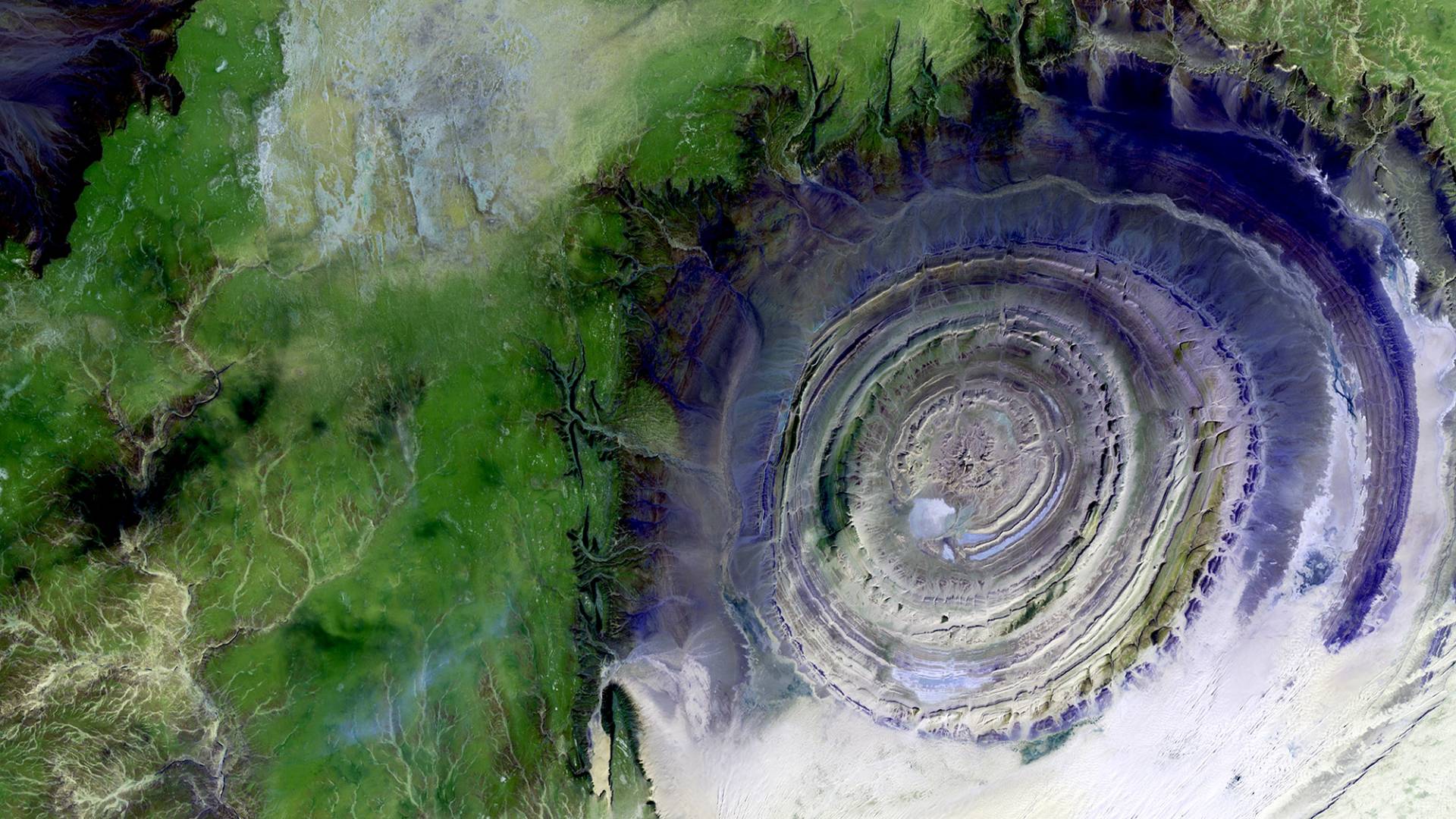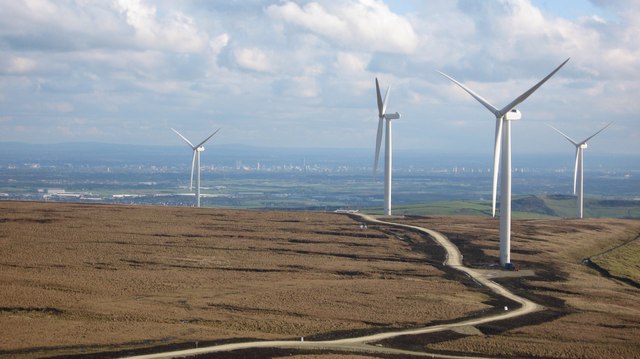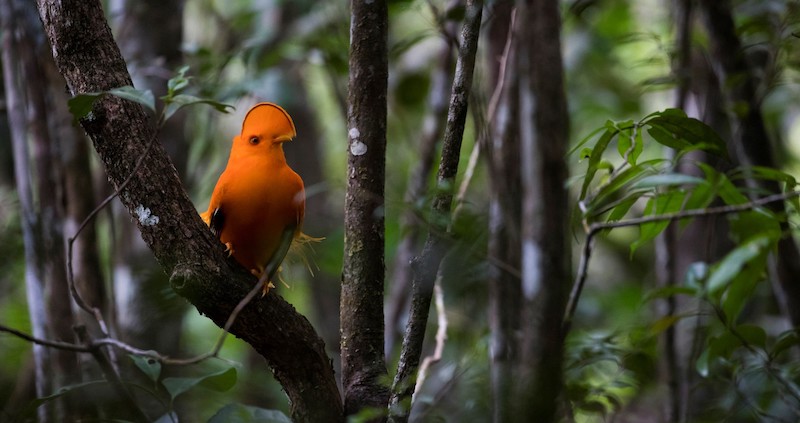
Science
Understanding and predicting environmental change

Understanding and predicting environmental change
Open-source reusable toolkits, datasets and notebooks

Scientists, Engineers, Research Community Leaders

2010 - present
Over the past decade I have been dedicated to pioneering the new field of Artificial Intelligence (AI) for Environmental Science. My work has directly contributed to transforming how we predict and respond to environmental change, including climate and weather-related risks.
In 2018 I established the BAS AI Lab, through which I formed a research team to focus on forecasting changes in Arctic sea ice. This resulted in my team developing the widely recognised IceNet programme, which delivered the first AI-powered pan-Arctic seasonal sea ice forecasting model. IceNet represented a step-change in forecasting outperforming the traditional models, particularly in predicting extreme sea ice extent months in advance. The AI model was featured in Wired Magazine, by Nvidia, the BBC and other news outlets, and the core publication was ranked among the 25 most downloaded Nature Communications articles across Earth and Environmental Sciences published in 2021. IceNet was also showcased as an “AI for Good” exemplar by the UK government as part of the first International AI Safety Summit, 2023.
The innovation of IceNet has delivered significant, tangible impact. One major real-world application is our collaboration with the World Wide Fund for Nature (WWF) and the Government of Nunavut, which resulted in the ability to predict critical sea ice freeze-up dates which could be crucial for Arctic conservation including Caribou migration and to facilitate effective management of polar bear surveys. This pioneering work was featured in a 2025 documentary with HRH King Charles III.
Since joining the Alan Turing Institute, I expanded my work into the domain of AI for optimised environmental sensing and monitoring and weather forecasting which alongside IceNet now forms my Mission in Environmental Forecasting.
Developing sovereign environmental forecasting capabilities is a priority for my team. I was one of the founding members of the Aardvark Weather model team, a revolutionary system that replaces the entire, complex, traditional weather forecasting pipeline with a single, novel deep learning architecture. Aardvark can ingest multimodal data (satellites, weather stations, weather balloons) and generate a ten-day global forecast at speeds thousands of times faster than previous existing systems - both traditional and AI-based - while running on a desktop computer. This technological breakthrough has helped to secure financial support from the Gates Foundation. We are now working to deploy Aardvark within West Africa, together with local meteorological services and university partners to upskill local expertise.
I am also one of two Senior Responsible Owners (SROs) for the FastNet weather forecasting model and a senior author on the 2025 pre-print involving collaboration across a 34-author team. This new AI model is being developed in partnership between the Alan Turing Institute and the UK Met Office, and aims to become the UK’s first AI operational weather forecasting model.
If you would like to connect, you can find me on BlueSky and LinkedIn
I have secured over £25m in grant funding from public and private sectors as both Principal-Investigator (PI) and Co-Investigator (Co-I). These include:
2025/07 - Keynote Speaker, Environmental and Ecological Statistics Conference, Lancaster, UK
2024/11 - Host, Speaker, Panel Chair, Launch event for the Met Office and Turing partnership, Westminster, UK
2024/05 - Keynote Speaker, Department for Environment Food & Rural Affairs (DEFRA) Group Innovation Event, UK
2024/04 - Chair, 13th International Conference on Climate Informatics, The Alan Turing Institute, UK
2023/05 - Shortlisted for the 2023 Frederik Paulsen Arctic Academic Action Award
2023/10 - Science Lead (Turing), FastNet - AI-based Weather Prediction Model, The Alan Turing Institute and Met Office, UK
2023/06 - Secured the role of Co-Director, Turing Research and Innovation Cluster in Digital Twins (TRIC-DT), The Alan Turing Institute, UK
2023/04 - Co-Chair, 12th International Conference on Climate Informatics, University of Cambridge, UK
2023/04 - Joined the Delivery Board for the Future Marine Research Infrastructure (FMRI), NERC, UK
2022/03 - Invited to join the Digital Research and Infrastructure Group (DRIG) to deliver NERC’s 10-year Digital Strategy
2022/03 - Appointed as BAS Science Leader for AI, Joined the BAS Science Strategy Executive Board
2022/02 - Joined the Advisory Group for the UK AI Research Infrastructure Review, a key component of the UK’s National AI strategy
2021/05 - Secured the role of Senior Expert to the NERC Constructing a Digital Environment (CDE) Programme
2021/02 - Principal Investigator (PI) to a multi-institution research programme, Environmental monitoring: blending satellite and surface data
2020/10 - Joined the Steering Committee for the Environment and Sustainability Interest Group, 500+ members, The Alan Turing Institute
2020/09 - Promotion, ~equivalent to Reader/Associate Professor
2020/06 - Invited to join the Steering Committee for The Alan Turing Institute-UK Met Office operational alliance
2020/04 - Started secondment to the Alan Turing Institute under the Data Science for Science programme
2019/09 - Stated role of Co-Director for the UKRI Centre for Doctoral Training in the Application of AI to the study of Environmental Risks (AI4ER), led by University of Cambridge and BAS
2018/06 - Established the BAS Artificial Intelligence (AI) Lab
2017/09 - Awarded The Laws Prize, British Antarctic Survey Club
2016/09 - Promotion, ~equivalent to Lecturer. Changed role to “Environmental Data Scientist”
2016/05 - Appointed as Secretary, Global Environmental Research Committee, The Royal Society
2014/09 - Appointed as Innovation Champion, BAS
2011/01 - Co-founded the Cambridge Centre for Climate Science (CCfCS)
2009/12 - Started at British Antarctic Survey (BAS) as a “Global Climate Modeller”, tenured/open-ended position
2009/09 - Completed PhD, “The impact of deep convection on the structure of, and transport through, the tropical tropopause layer”, University of Cambridge, UK
2005/10 - Started PhD, University of Cambridge, UK .